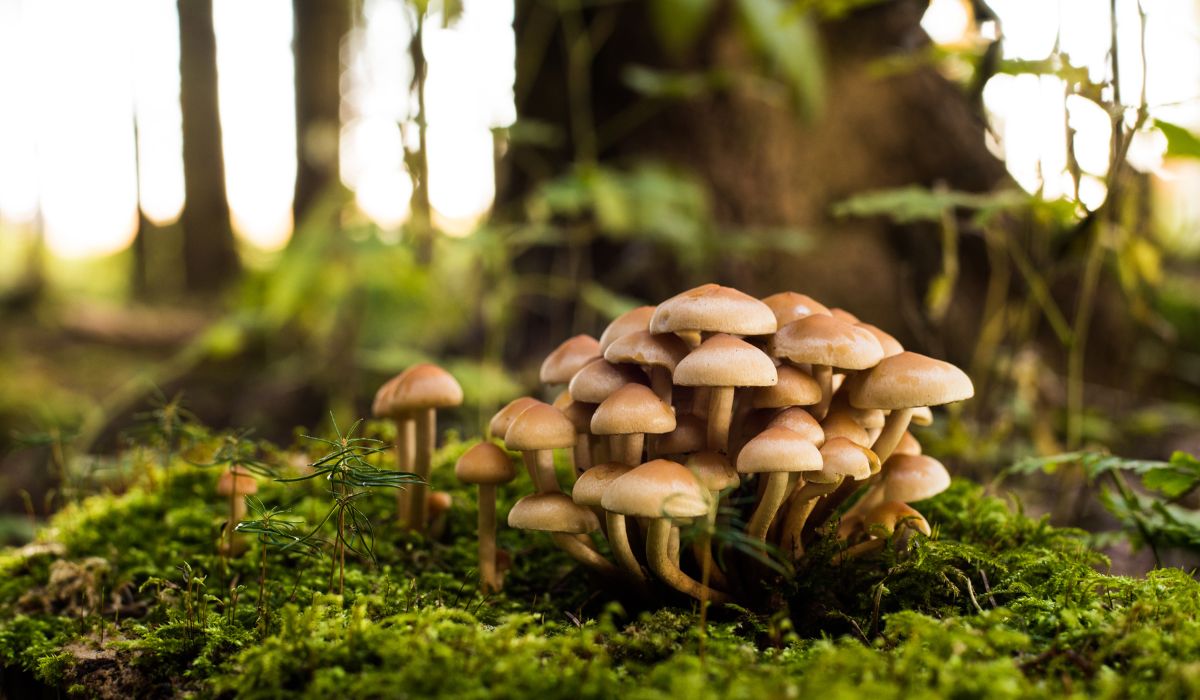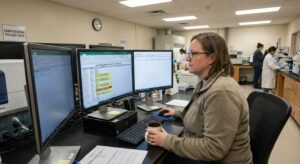Does Mushrooms Come Up in a Drug Test?
When people hear the word mushrooms in the drug world, they often mean magic mushrooms or psilocybin mushrooms. These are fungi that contain a chemical called psilocybin, which changes into psilocin in the body. Psilocybin and psilocin affect the brain and cause hallucinations, mood changes, and altered thinking.
But what about drug testing? Many patients, people in recovery, or those facing workplace screening wonder: Does mushrooms come up in a drug test? The answer is not simple. Standard drug tests usually don’t look for psilocybin, but some special tests can detect it.
Lynk Diagnostics, a trusted drug testing center that supports rehab facilities, provides accurate testing to help patients and health professionals get clear answers.
What Are Magic Mushrooms?
Magic mushrooms are a type of hallucinogen. They are different from drugs like:
- Opioids (heroin, oxycodone, fentanyl)
- Amphetamines (methamphetamine, Adderall)
- Benzodiazepines (diazepam, alprazolam, lorazepam)
- Cannabis (tetrahydrocannabinol or THC)
- Phencyclidine (PCP)
Instead, psilocybin mushrooms act on serotonin receptors in the brain. They can cause strong changes in mood, vision, and thought patterns.
Do Standard Drug Tests Screen for Mushrooms?
Most urine drug tests used in jobs, schools, and rehab programs focus on substances like:
- THC (marijuana)
- Cocaine
- Opiates
- Amphetamines
- Methamphetamines
- Benzodiazepines
- Barbiturates
- Phencyclidine (PCP)
Mushrooms do not show up on a normal 5-panel or even 10-panel drug test. That means if you only take a standard drug test, psilocybin will likely go undetected.
What Types of Drug Tests Can Detect Mushrooms?
Even though mushrooms don’t come up on most standard tests, there are special laboratory tests that can detect psilocin.
Urine Tests
- Psilocybin is quickly broken down into psilocin.
- Psilocin may be found in urine for 1 to 3 days after use.
- These tests are less common and usually done in rehab facilities, clinical studies, or legal cases.
Blood Tests
- Psilocin shows up in the blood within a few hours after use.
- Blood tests are rare but can be used in hospital or emergency settings.
Hair Tests
- In some cases, psilocin can be found in hair follicles for up to 90 days.
- Hair testing is expensive and not widely used.
Saliva Tests
- Saliva testing for mushrooms is uncommon.
- Detection is possible within a few hours of use, but results are not as reliable as urine or blood.
How Long Do Mushrooms Stay in Your System?
The metabolism of mushrooms is fast compared to many other drugs.
- Onset: 20–40 minutes after eating.
- Effects last: 4–6 hours.
- Half-life: Psilocin has a short half-life of about 50 minutes.
- Urine detection: Up to 3 days.
- Hair detection: Up to 90 days.
Factors that change how long mushrooms stay in your body include:
- Dose taken
- Patient’s metabolism
- Age and health
- Liver function
- Frequency of use
Why Don’t Employers Test for Mushrooms?
Employers, schools, and even rehab programs often do not test for mushrooms because:
- Short detection window – Mushrooms leave the body quickly.
- Cost – Special testing is expensive.
- Low risk of abuse compared to opioids, methamphetamine, or alcohol.
That said, if there is a reason to test for psilocybin—such as a legal case, patient therapy, or substance abuse recovery—labs like Lynk Diagnostics can perform advanced testing.
Mushrooms and Substance Abuse
While some people think mushrooms are “safe,” they can still lead to substance abuse issues. Patients who use mushrooms may also combine them with other drugs such as alcohol, benzodiazepines, or opioids, which can increase risks.
In rehab settings, testing for multiple substances is important. Lynk Diagnostics works with rehab facilities to provide clear results for patients who may be struggling with addiction.
The Role of Health Professionals
Physicians, psychiatrists, and therapists often ask for drug tests to guide therapy or treatment. Knowing whether a patient has used mushrooms or other drugs helps create a safe plan.
For example:
- A psychiatrist may need to know if mushrooms are mixed with an antidepressant like a tricyclic antidepressant.
- A physician treating mental health disorders such as schizophrenia, bipolar disorder, or major depressive disorder needs accurate test results.
- Rehab centers rely on drug tests to prevent relapse.
Risks of Mushroom Use
Mushrooms may cause:
- Hallucinations and panic
- Nausea and vomiting
- Risk of poisoning (if the mushroom is toxic)
- Flashbacks or lasting mental health effects in some patients
Mixing mushrooms with alcohol, benzodiazepines, or opioids increases the danger.
Why Lynk Diagnostics Is Important
Lynk Diagnostics is dedicated to helping rehab facilities with accurate, reliable testing. Patients, health professionals, and families can trust their services to identify drug use and support substance abuse recovery.
FAQs
Does mushrooms come up in a drug test?
Not on a standard test. Special urine, blood, or hair tests may detect psilocin.
How long do mushrooms stay in your urine?
Usually up to 1–3 days, depending on dose and metabolism.
Can mushrooms be detected in hair tests?
Yes, up to 90 days, but hair testing is rare and costly.
Do employers usually test for mushrooms?
No. Most job tests screen for opioids, amphetamines, THC, and benzodiazepines—not psilocybin.
Why would a rehab center test for mushrooms?
To monitor patients in recovery and prevent relapse in substance abuse treatment.
Sources
- National Institute on Drug Abuse (NIDA) – Hallucinogens and Psilocybin
- U.S. Drug Enforcement Administration (DEA) – Psilocybin Fact Sheet
- Journal of Analytical Toxicology – Detection of Psilocin in Biological Samples
- Substance Abuse and Mental Health Services Administration (SAMHSA) – Drug Testing Guidelines
- Mayo Clinic – Psilocybin Overview








